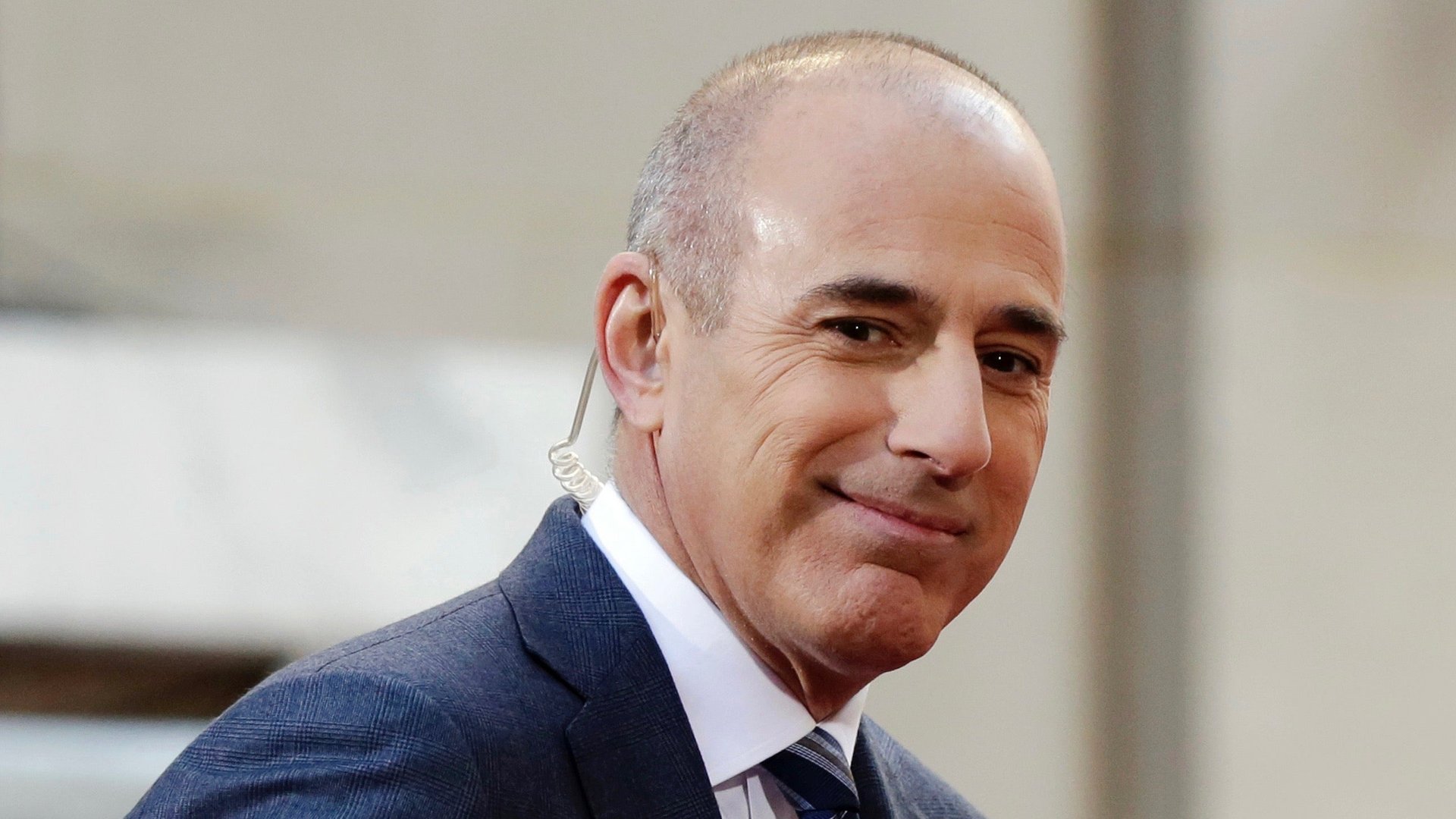Matt Lauer’s swift firing shows it’s a new, post-Weinstein world
When the New York Times published its Oct. 5 account of the sexual-harassment allegations piling up against the producer Harvey Weinstein, the company that bore his name accepted his leave of absence but seemed uncertain what to do next.


When the New York Times published its Oct. 5 account of the sexual-harassment allegations piling up against the producer Harvey Weinstein, the company that bore his name accepted his leave of absence but seemed uncertain what to do next.
It took three days for the Weinstein Company to fire a co-chairman accused of abusing women and paying to cover it up over a period of decades. Meanwhile, Weinstein himself issued a statement excusing his behavior (“I came of age in the 60’s and 70’s”), quoting Jay-Z, and citing a self-serving list of worthy causes he planned to support, including a scholarship fund for women directors he would name after his mother. The document reads like the work of a shameless person who believes himself to be bigger than the accusations before him, and who expects to be able to ride out this storm.
Less than eight weeks later, NBC employees learned that Matt Lauer was fired from the Today show after a woman and her lawyer approached the network with a detailed claim of sexual harassment against the popular TV host. Faced with the allegations, the network made its decision in a day and a half, the New York Times reported. His firing preceded by a matter of hours a report in Variety describing Lauer’s alleged harassment of female colleagues at NBC. By day’s end, the network had scrubbed all images of Lauer from the Today show’s website and social media accounts, bringing an abrupt halt to a two-decade run as a co-anchor on the program.
It’s too early to say whether any of these allegations have truly ended the careers of Weinstein, Lauer, or the other high-profile men taken down in between by the flurry of sexual-harassment claims coming to the fore. Public outrage can morph over time to indifference. Even Mel Gibson is back on movie posters just a few years after publicly engaging in anti-Semitic and misogynist behavior.
But the speed with which companies are now acting to remove even their biggest and most powerful stars following sexual-harassment accusations feels like a fundamental shift, a willingness to treat sexual predation in the workplace like the unacceptably toxic force it is, even if it takes the threat of unflattering media exposure to force the decision.
Plenty of people have left or been forced out of their industries as a result of sexual harassment before—but usually it’s the victims who do the leaving, as the Guardian has detailed. Hopefully now it’s the harassers’ turn.